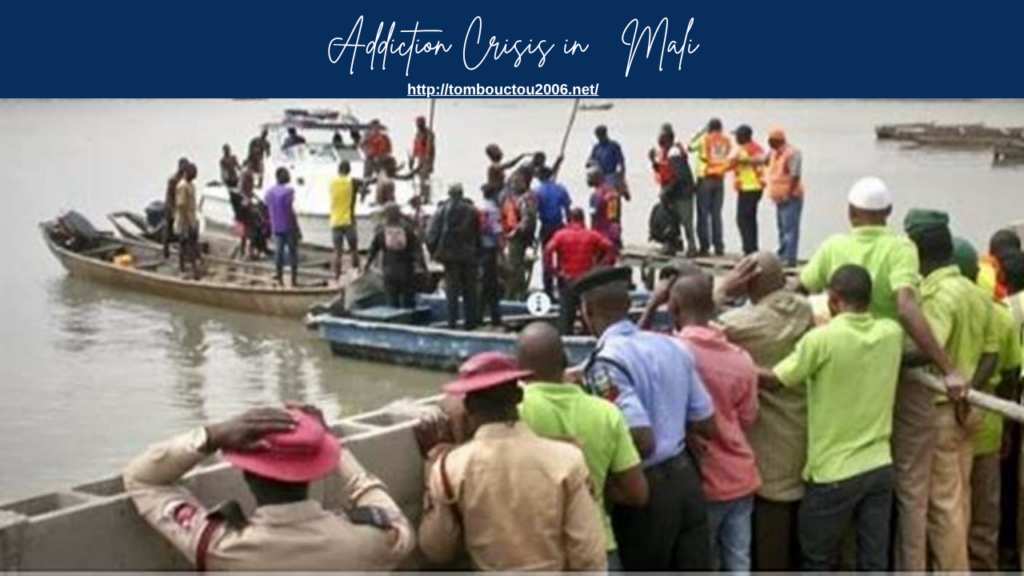
In Mali, a country rich in tradition and resilience, the rising tide of substance addiction presents a growing public health concern. While addiction remains a stigmatized and often hidden issue, its impact on individuals, families, and communities is becoming increasingly visible. From the streets of Bamako to rural villages in the Sahel, people are grappling with the consequences of alcohol, cannabis, opioids, and pharmaceutical drug misuse. Despite limited resources, Mali’s healthcare system is beginning to respond—with creativity, commitment, and community-based solutions that bring hope to those seeking recovery.
Historically, Mali’s formal healthcare infrastructure has faced many challenges: limited funding, understaffed clinics, and a heavy burden of infectious diseases. Mental health and addiction services have often been underprioritized, leaving individuals with few options for treatment. However, this is beginning to change as addiction is more openly acknowledged as a medical and social issue—not just a personal or moral failing.
Public hospitals in cities like Bamako and Sikasso now offer basic addiction treatment services, including psychological counseling, detox support, and medical referrals. Though these services are still in their infancy, their presence marks an important step forward. The Malian Ministry of Health, with support from international NGOs and development partners, is working to train healthcare professionals in recognizing and managing substance use disorders. These efforts aim to build a foundation for a more structured, nationwide response to addiction.
One of the most promising developments is the emergence of community-based care models. These programs emphasize localized treatment, peer support, and reintegration into society. Some organizations have begun offering outpatient rehab services that include therapy, group discussions, vocational training, and family counseling. By meeting people where they are—in their own communities—these models help reduce stigma and improve treatment outcomes.
Importantly, Mali’s response also recognizes the cultural and spiritual dimensions of healing. Partnerships between traditional healers and medical professionals are becoming more common. In regions where modern clinics are scarce, traditional healers serve as the first point of contact for many. By training these healers to identify addiction and refer patients for medical care, Mali is bridging the gap between tradition and science.
The healthcare system is also focusing on prevention and education, especially among youth. Outreach campaigns in schools and communities aim to raise awareness about the dangers of substance abuse, promote healthy lifestyles, and encourage early intervention. Radio programs, local leaders, and religious institutions are playing a role in shifting perceptions and encouraging compassion over judgment.
Despite the roadblocks—such as limited funding, political instability, and cultural stigma—Mali’s efforts to tackle addiction through its healthcare system reflect a broader commitment to human dignity and recovery. The journey is far from over, but the seeds of hope have been planted.
In a country where community is everything, and healing is as much about spirit as science, Mali’s evolving healthcare response to addiction offers a beacon of possibility—showing that even in challenging circumstances, health systems can become engines of healing and transformation.